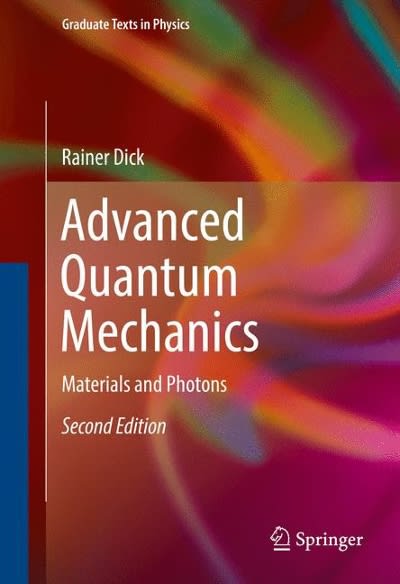Question
HYPOTHESIS Propose a hypothesis in answer to the following question: Does an ice cube melt faster in calm air or in wind? Explain why you
HYPOTHESIS Propose a hypothesis in answer to the following question: Does an ice cube melt faster in calm air or in wind? Explain why you are proposing your particular hypothesis (in other words, explain your educated guess). This explanation can be motivated by the background principles and ideas described above. And note that it's OK to be wrong! In constructing a hypothesis, keep the following in mind: A hypothesis must be phrased as a statement in answer to a specific question. The specific question posed here doesn't concern itself with detailed mechanisms (it doesn't ask "why?"). So, neither should the proposed hypothesis. ("Why?" is a part of the motivation/explanation you must provide.) The hypothesis should be a statement that you can test with the materials that you have at hand. (For example, unless you have access to precise calorimetry equipment your hypothesis shouldn't be about detailed rates of heat flow.)
EXPERIMENT Design an experiment to test the hypothesis you've proposed above. In designing your experiment, be sure to keep in mind the basic principles of a useful experiment Perform this experiment. Keep records of sufficient detail to enable you to accurately describe it and to repeat the experiment (or to have it reproduced by someone else). Text, pictures, and even videos can be used as a part of such record-keeping to help you recall exactly what you did. Record your setup/procedure, your observations, and your conclusions concerning the hypothesis you've proposed.
REPORT write a brief report outlining your findings. The report should include (1) a statement of the hypothesis (and the reasons behind it), (2) a description of the experiment itself (what you did) and of your observations (what you saw), as well as (3) a conclusion concerning the hypothesis based on your observations. The report should also include any appropriate reflection if you think, in hindsight, that the experiment design or procedure could be improved to produce a more reliable result. (In other words, critically reflect on your own experiment.)
Close the report by summarizing your understanding of how an ice cube melts and specifically how wind alters that process (if it does). Has this understanding changed/evolved as a result of your experimental findings? If so, how?
Step by Step Solution
There are 3 Steps involved in it
Step: 1

Get Instant Access to Expert-Tailored Solutions
See step-by-step solutions with expert insights and AI powered tools for academic success
Step: 2

Step: 3

Ace Your Homework with AI
Get the answers you need in no time with our AI-driven, step-by-step assistance
Get Started


